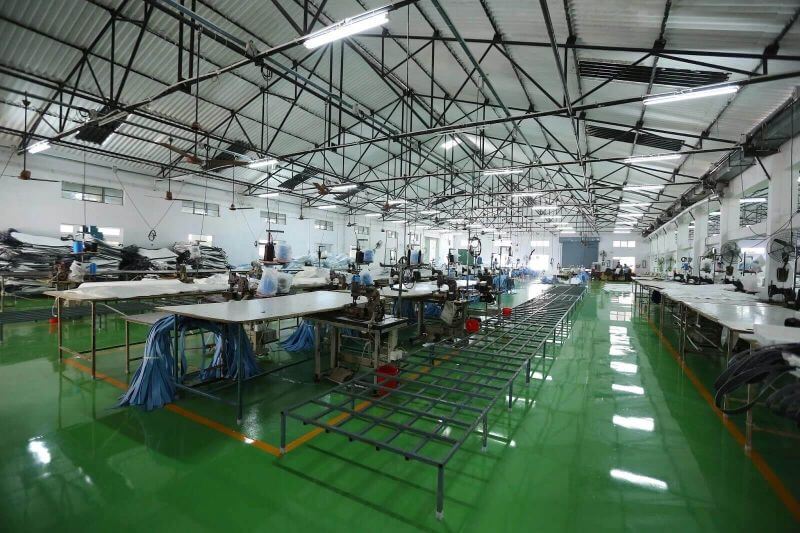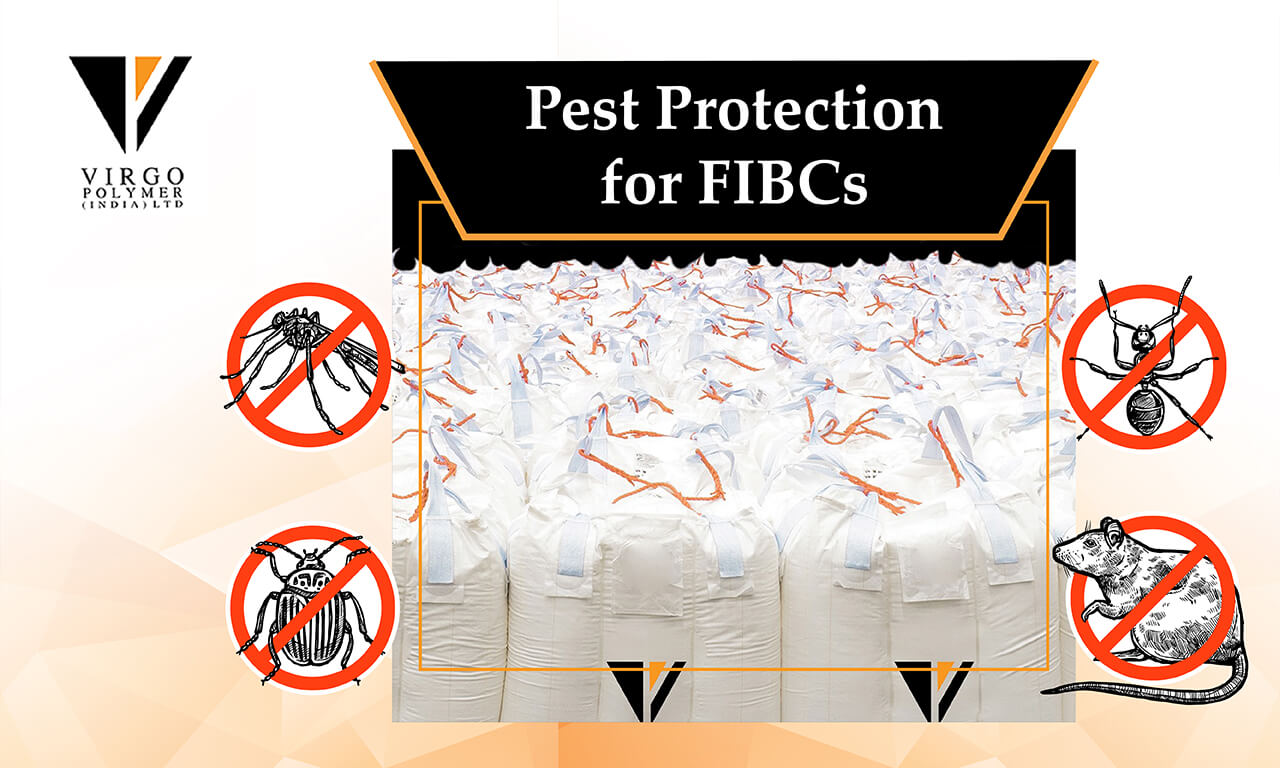



Pests are a perpetual problem with any kind of goods storage, especially with food and other items that may appeal to rodents and other pests as edible. Sometimes, these pests also attempt to make stacked and filled FIBCs their homes, threatening to damage the bags and compromise the quality of their contents.
Here are a few recommendations to protect your FIBCs from pests:
Long-term outdoor storage of FIBCs is not advisable, for multiple reasons. One of the reasons is that your FIBCs are a lot more exposed and, therefore, much more prone to insect attacks when left outside.
You may have noticed that most packaged products you purchase come with the instruction to “keep/store in a cool, dry place”. This instruction holds good for FIBCs as well as this is the most natural way to keep pests away.
While stacking FIBCs within a warehouse or storeroom, try to place them in a single line as opposed to multiple rows. This makes them slightly less preferable to rodents and small animals as a “safe” space to hide or make a home in. Remember to check the bags after you stack them to make sure there won’t be any possibility of the bags toppling over.
FIBCs usually come with the provision to be tied or sealed in some way or the other. Use this provision or use other accessories to ensure that there are no openings that may allow pests to enter or the product to spill out. Spillage is a dangerous scenario, as it will attract large numbers of pests.
If you feel a major threat from rodents, add an additional layer of protection either inside or outside your FIBC with the help of a liner. Once again, secure this with existing or external ties to ensure maximum safety.
Depending on the type of product you are storing and the kind of facility you are storing it in, you might want to consider the use of an insect-control or pest-control product. Usually, spraying the floors and walls surrounding the area of storage should do the trick. However, if you are dealing with food and pharma items or possibly flammable chemicals, take adequate precautions before using such products.
Depending on the application of your FIBCs, you can also consider using FIBCs that are made from polypropylene mixed with chemical additives. This is an option you need to explore, before purchase, with the FIBC manufacturer.
